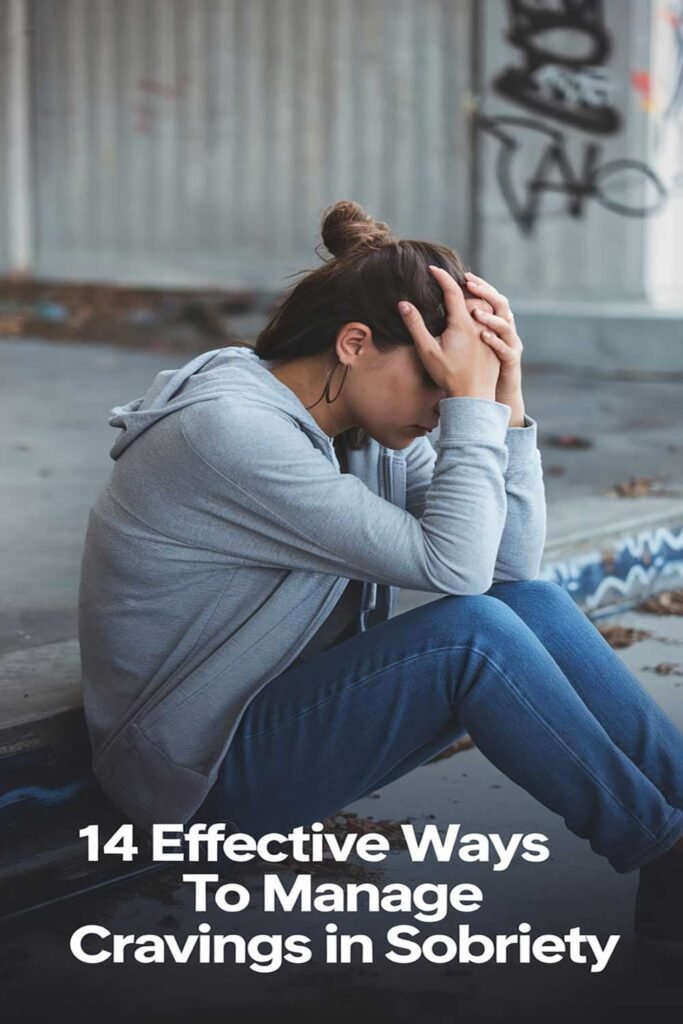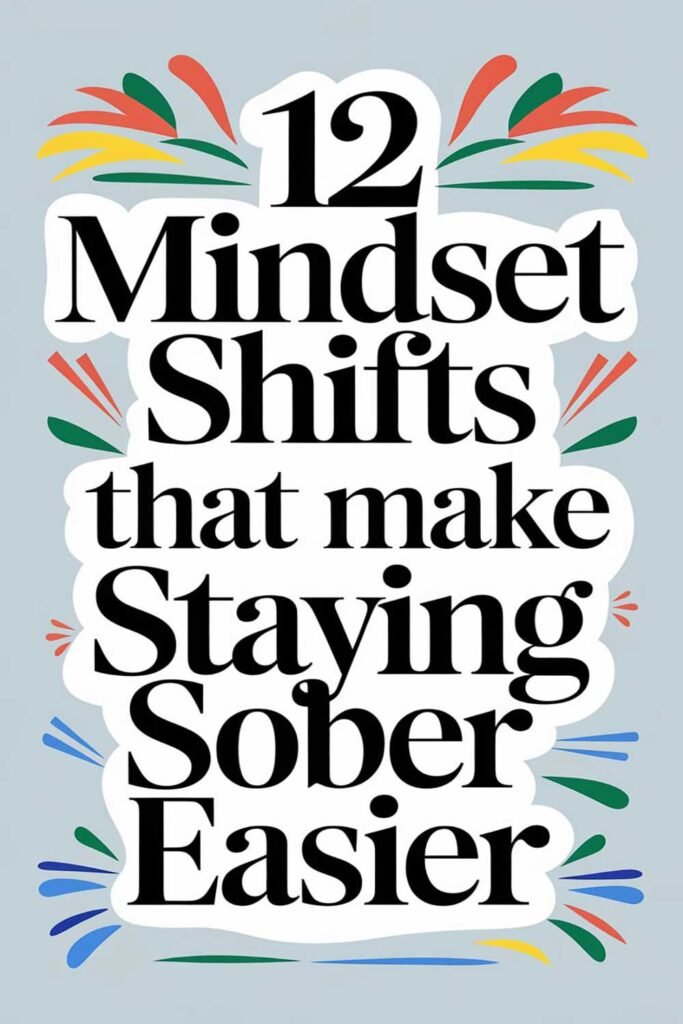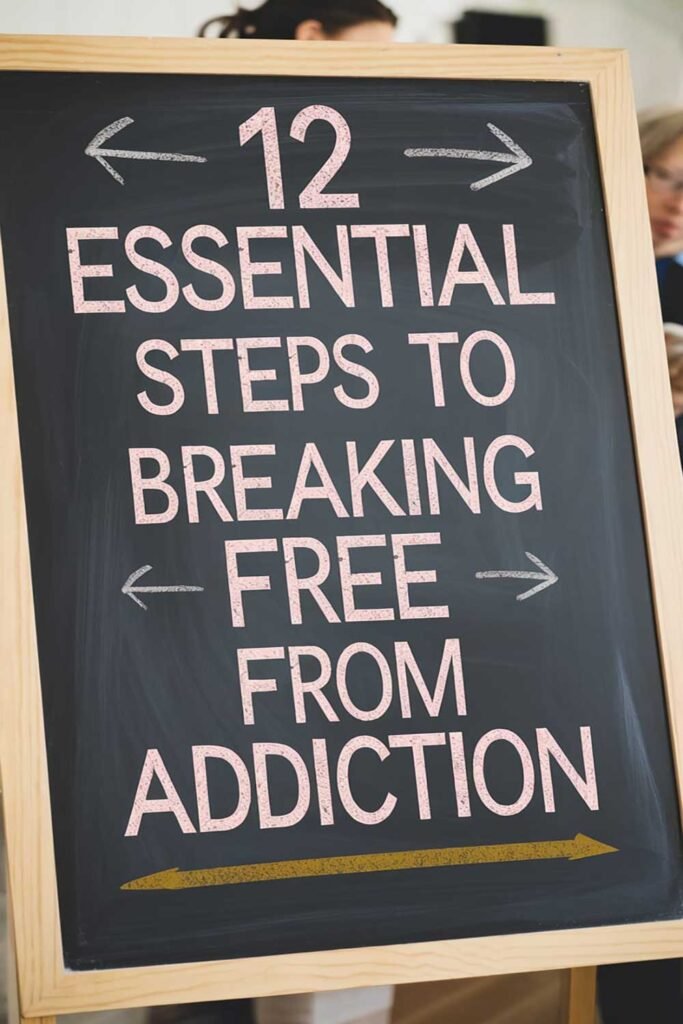7 Ways to Handle Stress Without Turning to Substances
1. Practice Deep Breathing and Mindfulness
Stress often triggers impulsive reactions, making it tempting to turn to substances for relief. However, deep breathing and mindfulness can help calm your nervous system and restore a sense of balance.

How to Practice Deep Breathing:
- 4-7-8 Breathing Method: Inhale through your nose for 4 seconds, hold your breath for 7 seconds, and exhale slowly through your mouth for 8 seconds.
- Diaphragmatic Breathing: Place one hand on your chest and the other on your stomach. Breathe deeply into your belly, ensuring the hand on your stomach moves more than the one on your chest.
- Box Breathing: Inhale for 4 seconds, hold for 4 seconds, exhale for 4 seconds, and hold again for 4 seconds before repeating.
Mindfulness techniques, such as meditation or body scanning, also help you stay present in the moment, reducing anxiety and the urge to escape through substances.
Reminder: You have the power to control stress through your breath and presence.
2. Engage in Physical Activity
Exercise is one of the most effective natural stress relievers. It releases endorphins, the brain’s “feel-good” chemicals, which help reduce anxiety and depression.
Types of Exercise That Reduce Stress:
- Cardio Workouts: Running, cycling, or swimming can release pent-up stress.
- Yoga & Stretching: Helps with relaxation and emotional balance.
- Strength Training: Lifting weights or bodyweight exercises build physical and mental resilience.
- Outdoor Activities: Walking, hiking, or playing sports provide both physical and mental benefits.
Even a simple 10-minute walk can improve your mood and help clear your mind.
Reminder: Exercise is a powerful, natural way to relieve stress and boost your mood.
3. Connect with Supportive People
Isolation often worsens stress, making it tempting to self-medicate with substances. Instead, reach out to supportive friends, family, or a recovery group to talk through your feelings and find encouragement.
Ways to Build a Strong Support System:
- Attend recovery meetings such as AA, NA, or SMART Recovery.
- Stay connected with sober friends and family members.
- Find a mentor, therapist, or sponsor who can provide guidance.
- Join online sobriety communities for additional support.
Talking about your stress instead of bottling it up can prevent the urge to escape through unhealthy habits.
Reminder: You are never alone—reach out and connect with others who support your sobriety.
4. Find Healthy Distractions and Hobbies
Stress often intensifies when you dwell on it. Engaging in hobbies or new activities can redirect your focus and reduce cravings.
Healthy Activities to Try:
- Creative Outlets: Drawing, painting, playing an instrument, or writing.
- Learning a New Skill: Cooking, photography, coding, or learning a language.
- Volunteering: Helping others provides a sense of purpose and fulfillment.
- Reading or Watching Motivational Content: Books, podcasts, or videos about personal growth can inspire you to stay on track.
Replacing old habits with new passions keeps your mind engaged and resilient against stress.
Reminder: Hobbies and distractions help shift your focus away from stress and towards personal growth.
5. Establish a Relaxing Daily Routine
A chaotic schedule often increases stress and the temptation to turn to substances. Creating a structured, relaxing daily routine can help maintain emotional stability.
Key Components of a Stress-Free Routine:
- Consistent Sleep Schedule: Lack of sleep increases stress and weakens emotional resilience.
- Balanced Nutrition: Eating well supports mental clarity and energy levels.
- Journaling: Writing down thoughts and emotions can help process stress.
- Spiritual or Personal Reflection: Prayer, meditation, or gratitude practice helps bring peace and perspective.
- Scheduling Time for Relaxation: Engage in activities that calm your mind, such as listening to music, soaking in a warm bath, or sipping herbal tea.
A structured day reduces uncertainty and minimizes stress triggers.
Reminder: A daily routine provides stability, helping you manage stress without substances.
6. Identify and Challenge Negative Thoughts
Stress often leads to negative thought patterns, which can increase cravings for substances. Learning to challenge and reframe these thoughts can help break the cycle.
Steps to Challenge Negative Thinking:
- Identify the Thought: Notice when you’re thinking negatively (e.g., “I can’t handle this stress”).
- Question Its Validity: Ask yourself if there’s real evidence to support this thought.
- Reframe It: Replace the negative thought with a more positive or balanced perspective (e.g., “I have handled stress before and can get through this”).
- Use Affirmations: Repeat encouraging phrases like “I am strong and in control of my actions.”
Over time, training your mind to challenge negativity helps reduce stress and prevents impulsive decisions.
Reminder: You are stronger than your negative thoughts—challenge them and choose positivity.
7. Seek Professional Help When Needed
Sometimes, stress becomes overwhelming, and professional guidance is necessary. Therapy, counseling, or support groups can provide valuable coping tools and personalized strategies.
When to Seek Help:
- If stress leads to severe anxiety, depression, or intrusive thoughts.
- If you struggle with strong cravings or fear relapse.
- If past trauma or unresolved emotions contribute to your stress.
- If you feel isolated and unsure how to move forward.
A professional can provide expert advice tailored to your specific needs, giving you a structured plan to handle stress effectively.
Reminder: Seeking professional help is a sign of strength, not weakness.
Inspirational Quotes to Keep You Motivated
- “One day at a time.”
- “Strength does not come from physical capacity. It comes from an indomitable will.” – Mahatma Gandhi
- “You cannot always control what goes on outside, but you can always control what goes on inside.” – Wayne Dyer
- “Recovery is about progress, not perfection.”
- “Breathe. You’re going to be okay.”
- “The comeback is always stronger than the setback.”
- “Hardships often prepare ordinary people for an extraordinary destiny.” – C.S. Lewis
- “This too shall pass.”
- “Your present circumstances don’t determine where you can go; they merely determine where you start.” – Nido Qubein
- “Believe in yourself, and you’re halfway there.” – Theodore Roosevelt
Picture This
Imagine facing a stressful day with confidence, knowing that you have healthy coping tools at your disposal. Instead of turning to substances, you take a deep breath, call a supportive friend, or go for a walk. You handle challenges with clarity and resilience. You feel proud of yourself, knowing you’ve overcome another obstacle without relapse. Your mind and body grow stronger every day. Can you see yourself thriving, stress-free, and fully in control of your life?
Please Share This Article
If you found this article helpful, please share it with someone who might benefit from it. Recovery is a journey best traveled together, and your support could make a world of difference for someone else.
Disclaimer
The information in this article is for informational purposes only. Individual results may vary. Always consult a healthcare professional before making any changes related to addiction recovery or mental health.






